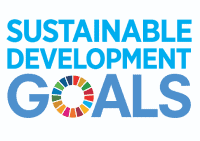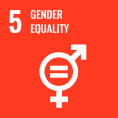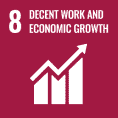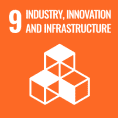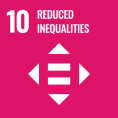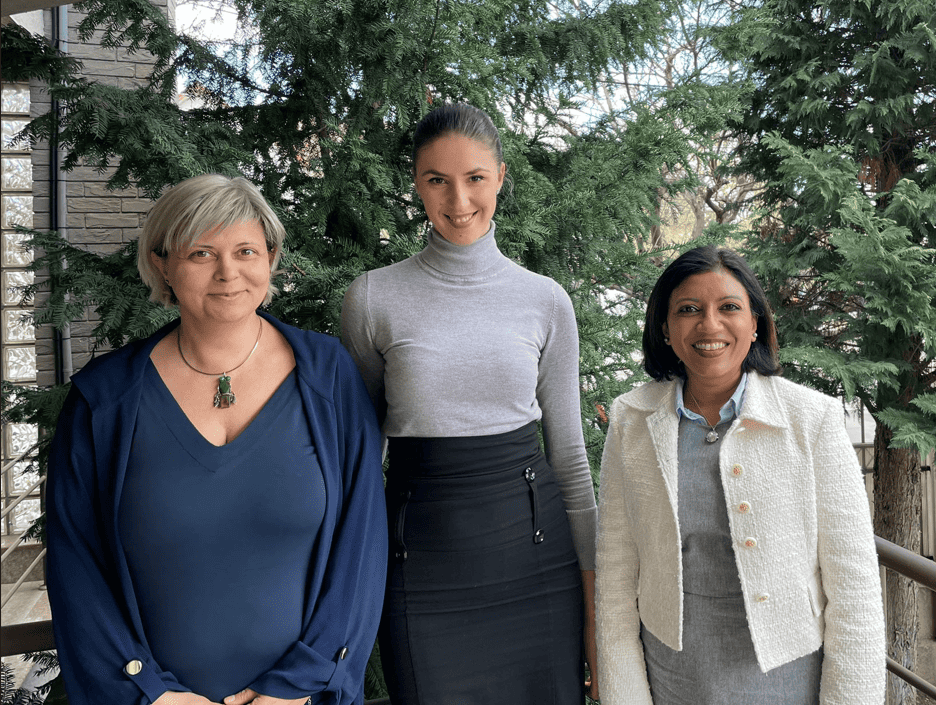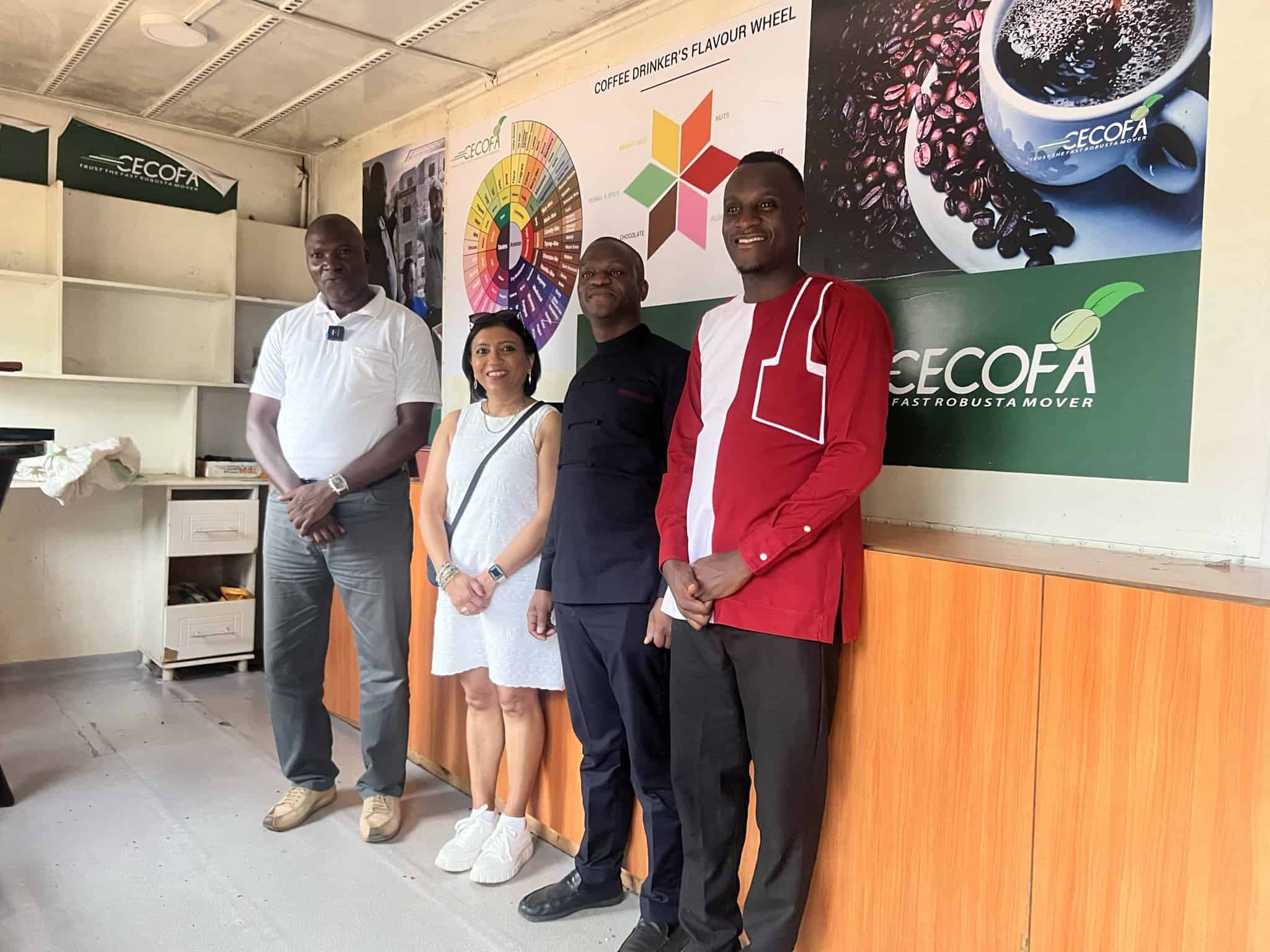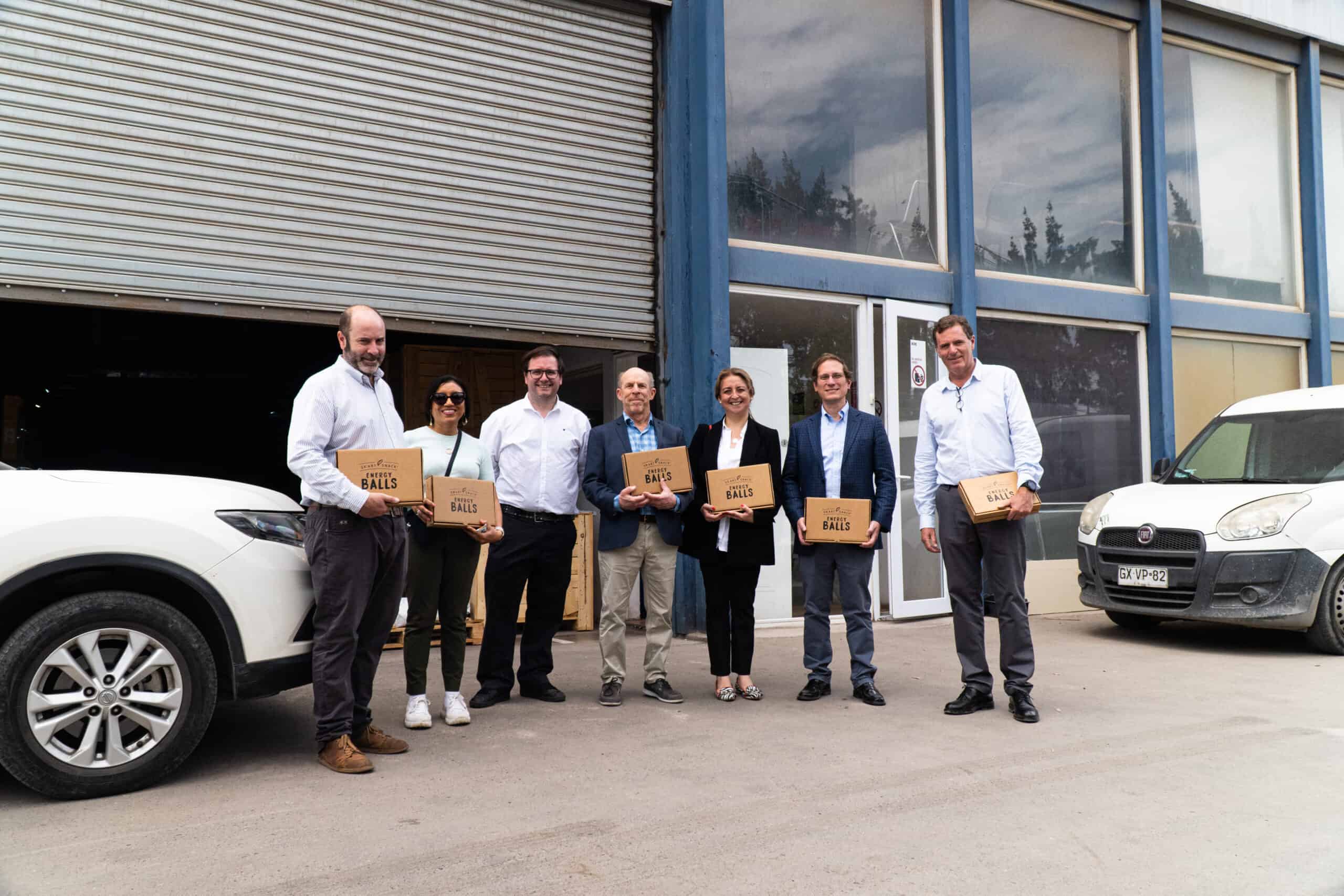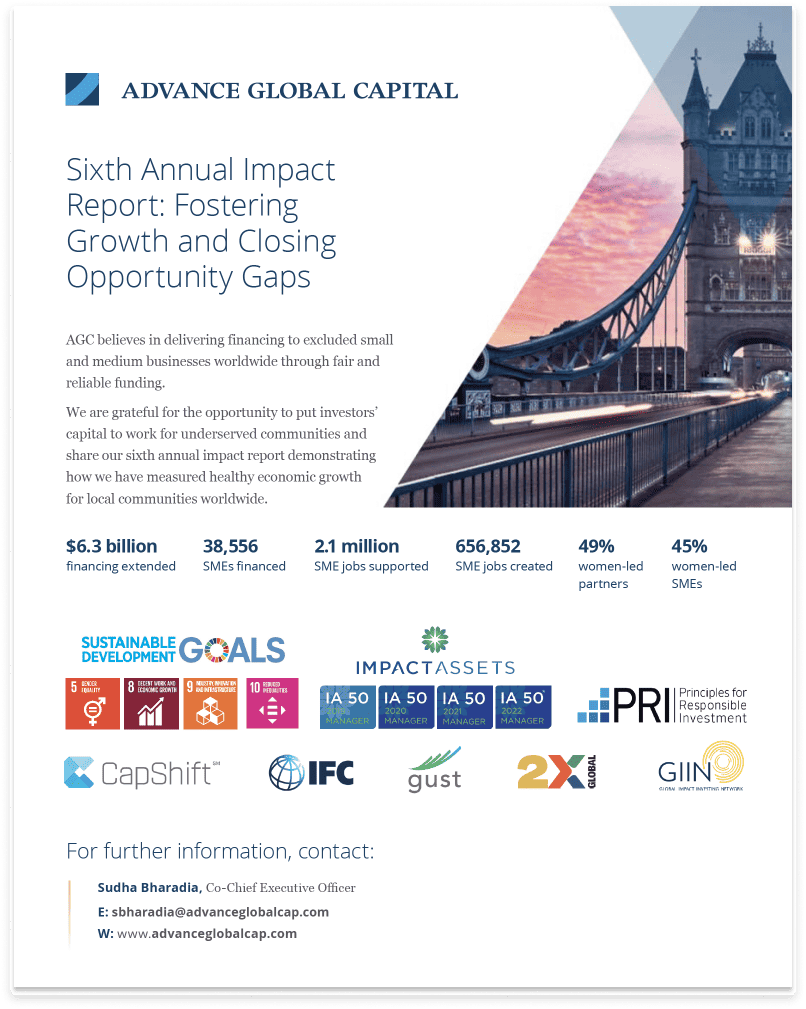Inclusive Supply Chain Finance – From Farms in Kenya to Tables in Kansas
Avocados have nourished our skin and bodies for thousands of years. As early as 5,000 B.C., Aztecs considered them as food, to prevent parasites and as face masks. Loaded with omega-3 fatty acids and vitamins A, D and E, avocado oil is now manufactured globally to create a range of products – from cooking oil to cosmetic and medicinal products. In France, avocado oil even has the status of a prescription drug, due to its ability to address the effects of arthritis.
Olivado, the foremost producer of avocado oil worldwide, originally began farming and production in New Zealand in 2000. By 2006, it had become apparent that the avocado supply in New Zealand was insufficient to keep up with growing demand. So after considerable research, it established operations in Central Kenya — now one of the most productive exporters of avocado oil and fresh avocado fruit in the world. By April 2019, it will have opened additional operations in Tanzania, rounding out its presence in 33 countries.
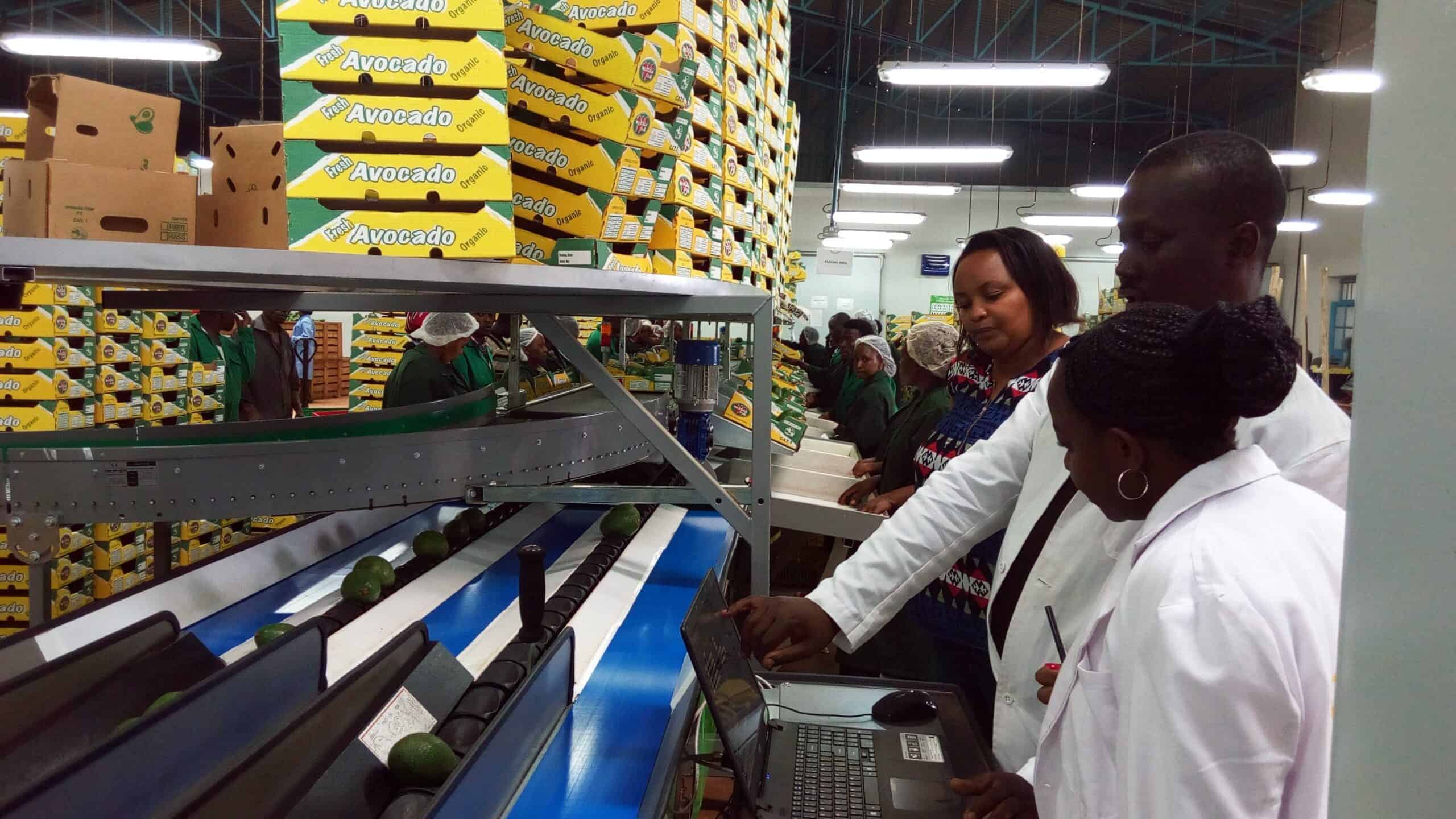
Evolving from Sustainable Agriculture to a Sustainable Business
Certified for fair trade since 2008, Olivado operates in the avocado value chain and is integrated from farm to market. Working with Swiss organic certifier, IMO, 1,500 small holder farmers in Kenya have been certified organic and Olivado now has the capacity to produce 900MT of organic extra virgin avocado oil per year.
Olivado also manages a 1.5 million kW biogas production unit at its Kenyan plant to convert its waste into Biogas. Producing 286,000 litres of diesel equivalent — the biogas powers the factory and provides fuel for vehicles, with the potential to produce fertilizer as a by-product – creating a sustainable operation.
Like most food manufacturers who depend on a vast farmer network, Olivado was plagued by a lack of adequate cash flow resulting from mismatched payables and receivables. Its suppliers, mostly farmers, require cash payments on delivery of their products and services, yet Olivado’s inherent challenge of processing, packing, and shipping products to its customers – and then waiting sometimes more than 60 days for customer payment –made it all but impossible to meet these cash-up-front requirements.
AGC’s partner has helped us build the loyalty of over 2,000 farmer suppliers who are mostly small-holder farmers by ensuring we pay them on a timely basis.
– Winnie Kariuki, account manager at Olivado
To create a more sustainable business for itself and its suppliers, Olivado partnered with one of AGC’s financial partners, which is considered to be a leader in innovative, inclusive SME financing in Africa to improve its cashflow management and support its suppliers. AGC’s partner pays small holder avocado farmers cash on delivery via their supply chain finance platform where the buyer has uploaded an approved supplier invoice into the system. On day 60, the partner collects the nominal invoice value plus interest and charges from Olivado – matching its expected receivables from its customers and relieving cash flow pressure along the supply chain and thus strengthening everyone in the supply chain from the farmer to the final retailer of avocado products.
“AGC’s partner has helped us build the loyalty of over 2,000 farmer suppliers who are mostly small-holder farmers by ensuring we pay them on a timely basis,” explains Winnie Kariuki, an account manager at Olivado.
Working with AGC’s partner to resolve the cash flow predicament, Olivado can now accept more orders from existing customers and attract new ones. When it comes to revenue growth and an expanded customer base, timing is everything.
Impacting Surrounding Communities
Olivado’s presence in Central Kenya extends beyond its operations and into its local communities where its own staff and contracted farmers live. With an average of five people per household, Olivado estimates it directly and indirectly impacts the lives of more than 11,000 people. Representing 43% of their contracted farmers and about 40% of their own workforce, women contribute to everything from production right up to being in the senior ranks of the firm.
Alignment to Global Sustainability Standards
We are closely aligned with United Nations Sustainability Goals 5, 8, 9 and 10
